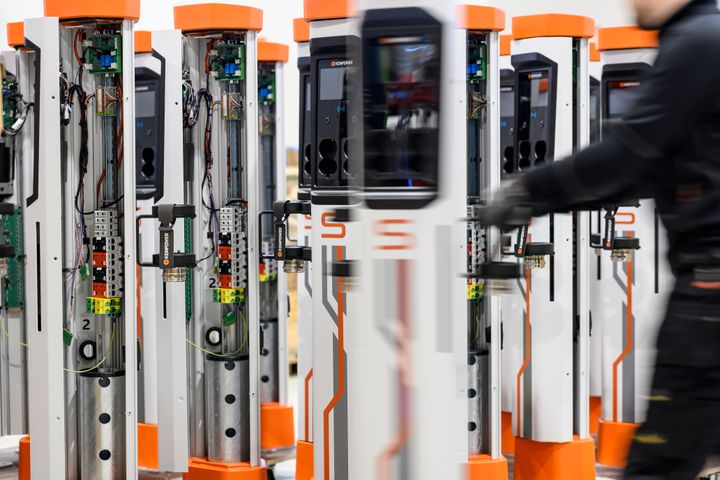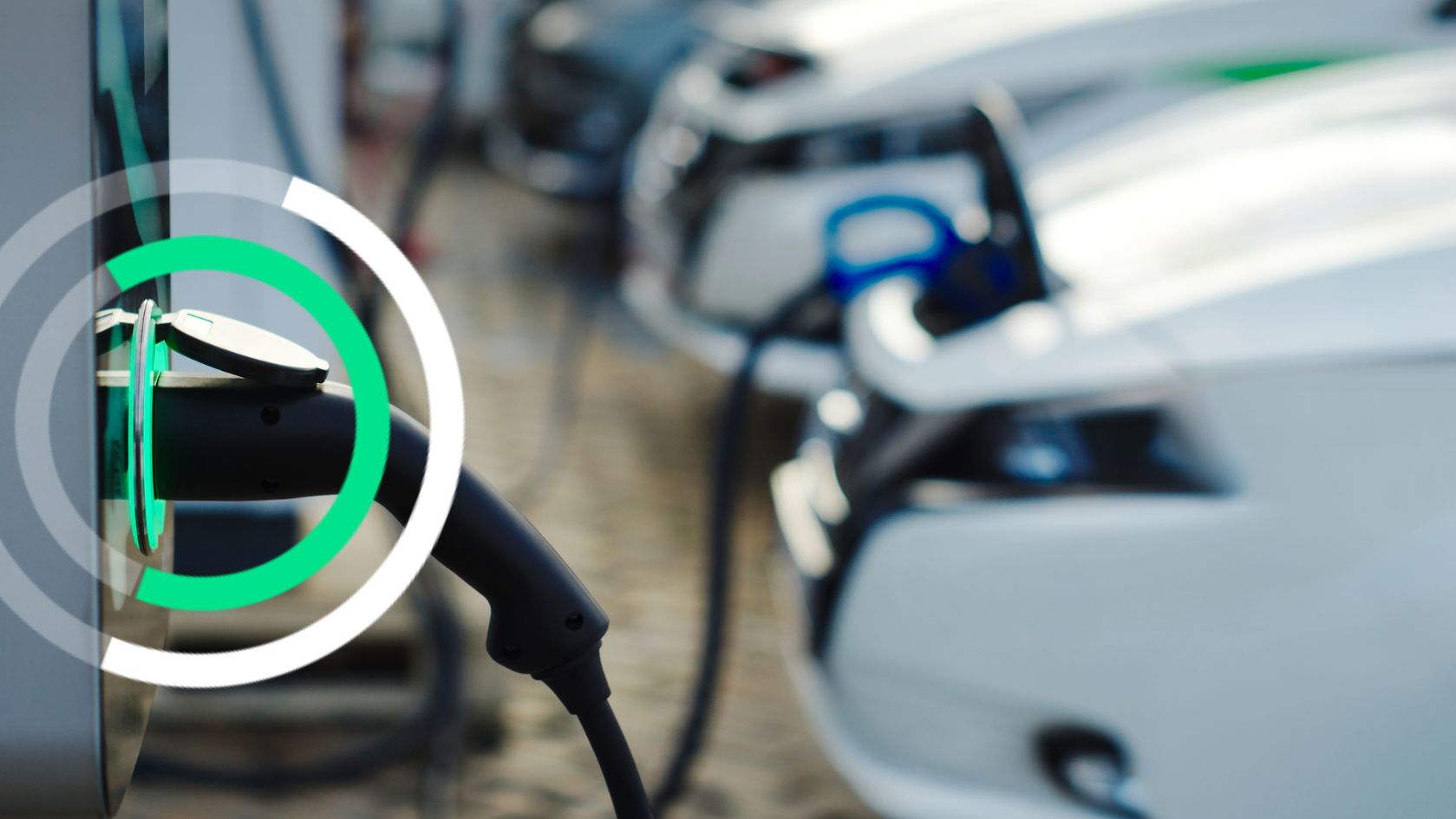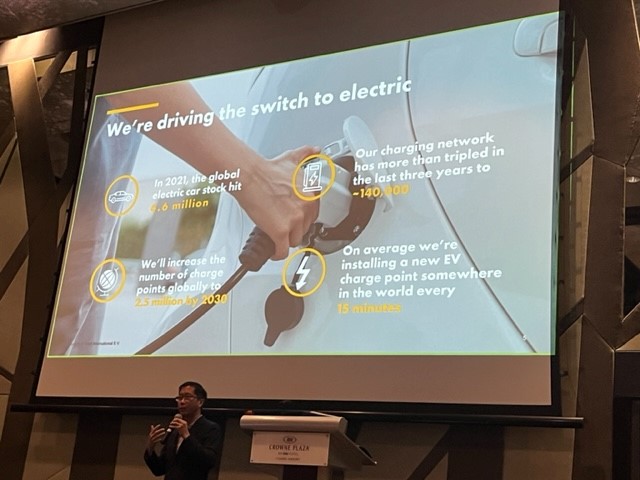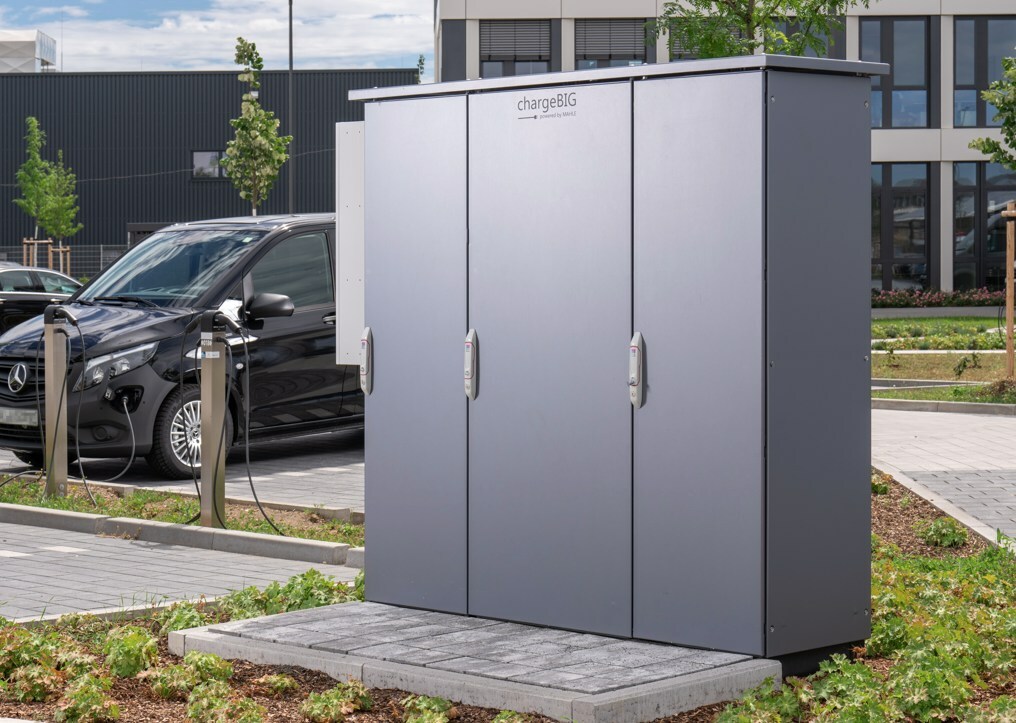Kempower, a leading Finnish manufacturer of electric vehicle (EV) charging equipment, is expanding to the United States. The company is setting up a plant in Durham County, North Carolina, which will begin producing DC chargers for EVs by the end of the year.
The move is part of Kempower’s strategy to locally produce EV chargers for the US market, in accordance with the Bipartisan Infrastructure Law, which requires EVs and related equipment to be partially manufactured in North America.
See also: Nordic Consortium to Build Charging Infrastructure for Electric Trucks on Swedish Roads
Kempower is investing $41 million in the project, with additional government subsidies expected to reach $3 million over a twelve-year period. This project is estimated to generate $726.25 million in economic growth for the state. Governor Roy Cooper welcomed the investment and the creation of 300 new jobs with an average salary of $88,440 in the third year.
Kempower CEO Tomi Ristimäki expressed his confidence in the North Carolina location and the high ESG requirements it fulfills. The company’s decision to expand to the United States is also in line with the National Electric Vehicle Infrastructure (NEVI) Program, which provides funding to states to create fast-charging networks for EVs. In North Carolina, the federal government granted $109 million to the state to build a network of DC fast-charging stations.
See also: E-Mobility Launches Sweden’s Largest Electric Truck Charging Station
The new North Carolina facility will complement Kempower’s existing 14,000 m2 facility in Finland, where the company has seen orders for its products from various countries, including Denmark, Estonia, Norway, Sweden, Romania, and Australia. In 2022, Kempower launched a liquid-cooled fast-charging system with 400 kW continuous power for heavy-duty vehicles.
Kempower’s expansion to the United States is a significant step towards meeting the growing demand for EV charging equipment and advancing the electrification of transportation. The company’s new facility in North Carolina will play a crucial role in supporting the state’s clean energy goals and creating new job opportunities.







